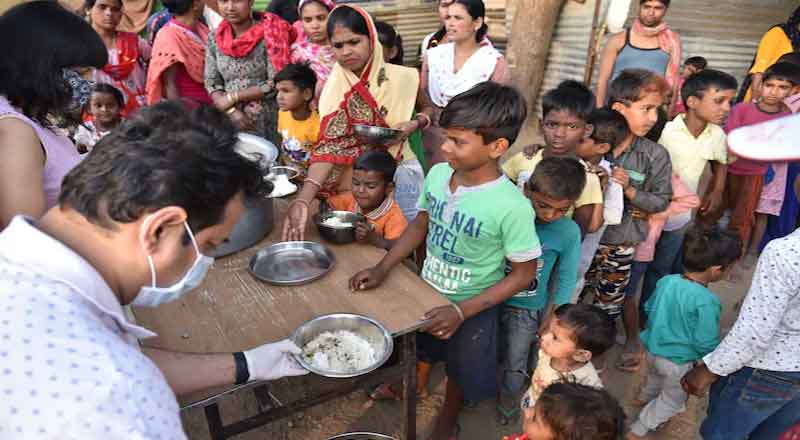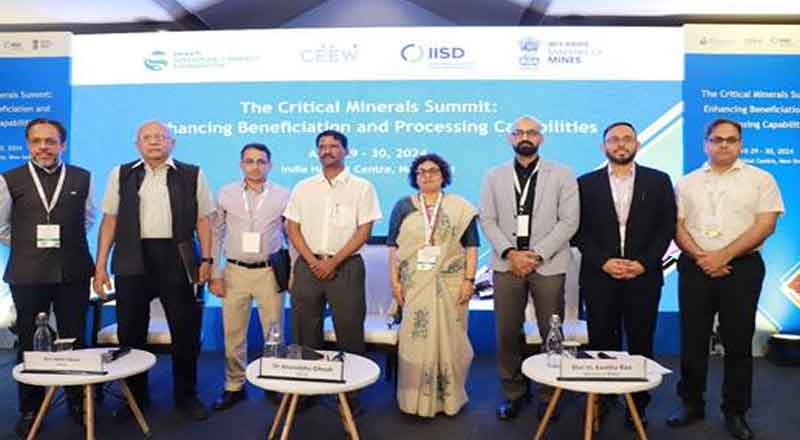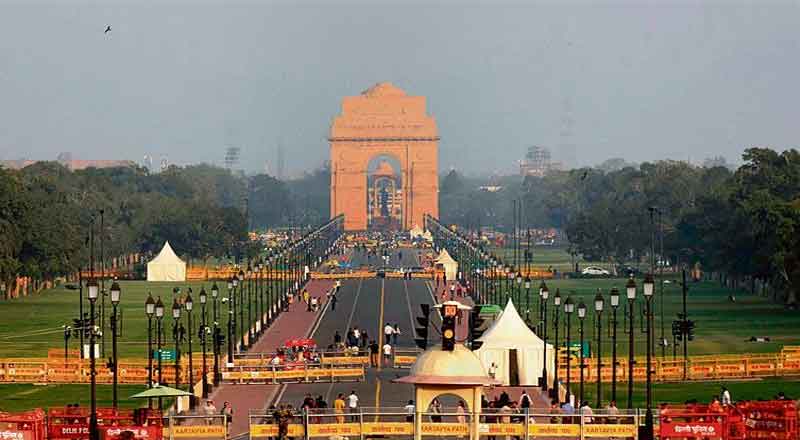The Ministry of Women and Child Development has said that the article published on 12th February, 2024 on the JAMA Network on the so-called zero food children in India is a deliberate and malicious attempt by interested lobbies to sensationalize fake news.Rebutting the article , the Ministry has said that it is surprising that no primary research has been conducted by Mr. S. V. Subramanian and co-authors in the study to arrive at such broad and incorrect generalizations on the nutritional status of children in India.
The authors themselves have admitted to deep misgivings on the data and have referred to at least 9 limitations which make their study absolutely unreliable. There is no scientific definition of “zero food children”. The methodology followed is opaque and has attempted to interpret single day recalls by those who were supposedly contacted. No state government or any private organization in India has ever reported about starving children.
The JAMA article does not acknowledge the importance of breast milk for infants who are more than six months old and has instead looked at only the feeding of such infants with animal milk/formula, solids or semi-solids etc. It is surprising that the Article excludes breast milk from the definition of food for infants who are six to twenty three months old. Out of the so called 19.3% Zero Food Children referred to by the study, 17.8% had received breast milk and only 1.5% children have been claimed as non-breast fed.
It is also surprising that the study has not referred to the publicly available data of more than 8 crore children measured month after month on nutritional indicators on the Poshan Tracker through the 13.9 lakh Anganwadi Centres (AWCs) across the country. Neither has any attempt been made by the authors to seek clarification from public authorities. It is therefore evident that this article is maliciously timed to be politically provocative.
The supplementary nutrition program of Government offers 500 KcaL of food per day to children under 6 years of age with focus on a balanced diet and not merely on calories. Supplementary nutrition includes micro-nutrients, fortified rice as well as millets. This programme is universally available and open to any lactating mother and to children upto 6 years of age. The effectiveness of Poshan 2.0 in reducing stunting, wasting and underweight prevalence in general has been appreciated by a research study conducted by the World Bank.
Out of approximately 13.7 crore children in the age group of 6 months to 6 years in India, 8.9 crore are registered at Anganwadi Centres and 95% of them are Aadhaar verified on the Poshan Tracker. As per data of the Poshan Tracker, only about 6.26% are found to be wasted and only 1.9% are severely malnourished.
Further, under the PMMVY Scheme Rs. 5,000 is provided to pregnant women for the first child and Rs. 6,000 for the second (girl) child to encourage appropriate health seeking behaviour and immunization of the child. Approximately, Rs. 14,756 crore worth of direct benefit transfer has been released to 3.8 crore women.





